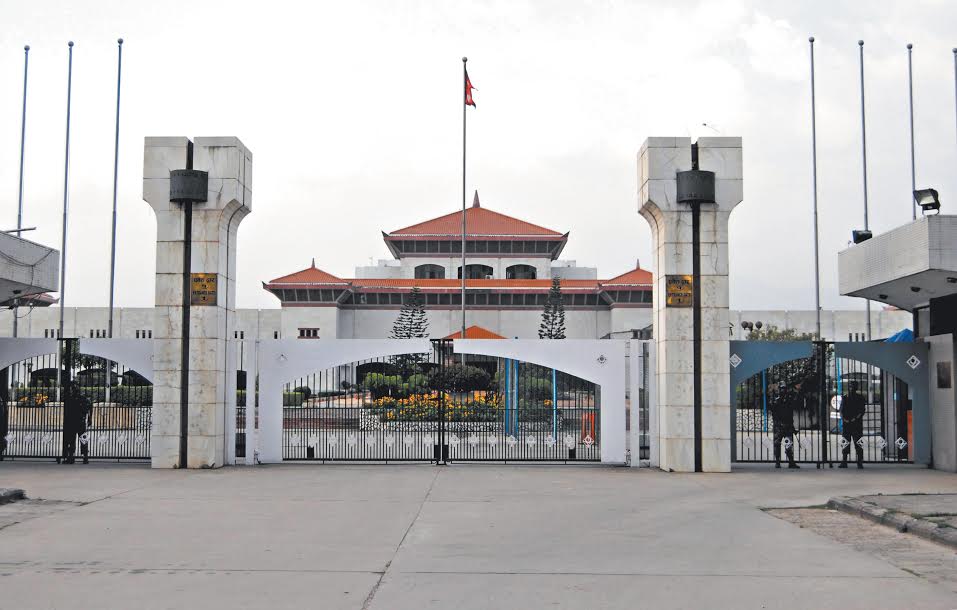Food hygiene bill moots harsher punishment
KATHMANDU, AUGUST 9
The Food Hygiene and Quality Bill, which was recently registered by the Government of Nepal at the National Assembly, proposes heavy punishment on any person or company found to be causing harm to the health of consumers through deception or sale of substandard food items.
According to Section 42 of the bill, the concerned district court may hand down a jail sentence ranging from one year to five years or a fine ranging from Rs 50,000 to Rs 500,0000, or both, if any person or company or firm produces, processes, imports, exports and sells or distributes contaminated food items in contravention of the law.
Anyone, who operates food business without obtaining licence under this bill or imports food items from abroad without obtaining permission of the concerned authority, the concerned chief district officer may award a fine ranging from Rs 10,000 to Rs 50,000 to the offender.
“The repeat offender will be liable to double the punishment provisioned in the bill,” reads the bill.
The preamble of the bill states that it aims to determine the hygiene and quality of foodstuffs on the basis of scientific facts in all stages of the food chain for protection of consumers’ interest and ensure safety of human health. “The Government of Nepal may determine the hygiene and quality of foodstuffs from time to time through a notification published in the Nepal Gazette.
It shall be the duty of all concerned persons and firms to maintain the food hygiene,” reads section 3 of the bill.
The bill stipulates a provision of an 11-member food hygiene and quality determination committee headed by secretary at Ministry of Agriculture and Livestock Development to make recommendations to the Government of Nepal. Any person, firm or company, wishing to operate a food business shall have to obtain a license from the Department of Food Technology and Quality Control or offices thereunder. However, the power to issue licence to street vendor, hotel, motel, restaurant, food park, eatery, catering and homestay shall be vested in the concerned local level.
Permission shall have to be obtained from the department for import of any food item. The bill prohibits production, processing, storage, import or export, transportation, sale or distribution of substandard or contaminated food items, that are unfit for human consumption, against the law.
The bill also adopts a policy of zero tolerance against the sale of substandard products by deception and false information on their labels.
As per the bill, the department shall deploy food inspectors for monitoring and quality testing of food products on a regular basis. Food inspectors have been empowered to carry out surprise inspection, supervision and monitoring with regard to production, processing, export or import and sale or distribution of food items. “Food inspectors shall collect samples and send them to the laboratory for testing. If they fail to meet the prescribed standards, the department will initiate legal action against the concerned person, firm or company, besides withdrawing such food items from the market before their destruction,” reads the bill.
A version of this article appears in e-paper on August 10, 2020, of The Himalayan Times.






